Latest news
19 March 2024
Salt marshes put to test in wave flume
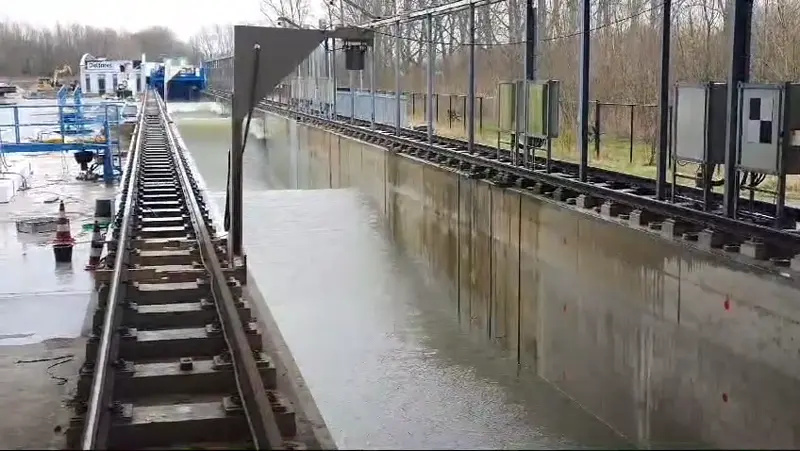
Can salt marshes serve as a natural solution for flood protection? Researchers of the project ‘Living Dikes’ transported 62 big blocks of salt marshes, containing soil and vegetation, from the coast of Friesland to the Delta Flume at Deltares. After four weeks of exposure to extreme waves, almost the entire salt marsh is still standing there.
05 March 2024
Taking the pulse of Earth’s ecosystems
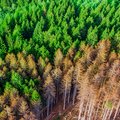
Susan Steele-Dunne has been awarded a NWO Vici grant. She will explore how to monitor the pulse of the Earth’s ecosystems using radar observations. Variations in radar observations from a forest during a day can reveal early warning signs of declining health conditions of a forest. An improved understanding of these processes will allow us to make better predictions of how ecosystems will respond to respond to climate change. In the long term, it may even offer opportunities for early interventions.
01 March 2024
Colleague prof.dr. Pacelli Zitha (GSE) passed away

12 February 2024
Clouds disappear quickly during solar eclipse

Cumulus clouds over land start to disappear almost instantly during a partial solar eclipse. Until recently, satellite measurements during the eclipse resulted in dark spots in the cloud map, but researchers from TU Delft and KNMI were able to recover the satellite measurements by using a new method. The results may have implications for proposed climate engineering ideas, because disappearing clouds can partly oppose the cooling effect of artificial solar eclipses. The results were published today in Nature Communications Earth and Environment.
02 February 2024
NWO grant for Human-Centred AI for crowd crisis response
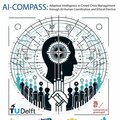
AI has the potential to support crowd crises decisions, yet the increasing use of AI has led to a debate about the legal and ethical implications. To address these challenges, the AI-COMPASS consortium, led by TU Delft, develops real-time decision support systems, considering context, behaviour, and values. The project is financed by the Collaboration between Humans and (semi-)Autonomous systems programme of NWO.
22 January 2024
Students crafting flood resilience during hackathon
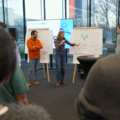
During the 182nd Dies Natalis of TU Delft, we delved into the theme of "Redesigning Deltas" to underline that we need rethink our approach to keep deltas around the world safe and liveable in the future. As part of the preceding Delta week, we organised a hackathon. On 9 January, students joined forces and took up the challenge: Crafting flood resilience in the Rotterdam region.
09 January 2024
Old times revived for climate adaptation
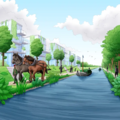
Extreme rainfall events are becoming more extreme and periods of drought are becoming more frequent. To keep the Dutch delta liveable, adaptations will be needed, such as extra water buffers. The Netherlands has a long history of struggle against water, but also makes eager use of it. What can we learn from our heritage? Erik Mostert, lecturer and researcher Water Management at TU Delft, developed several strategies for the province of South Holland to be more resilient to climate change. Inspiration for this came from Dutch heritage: tow barge canals.